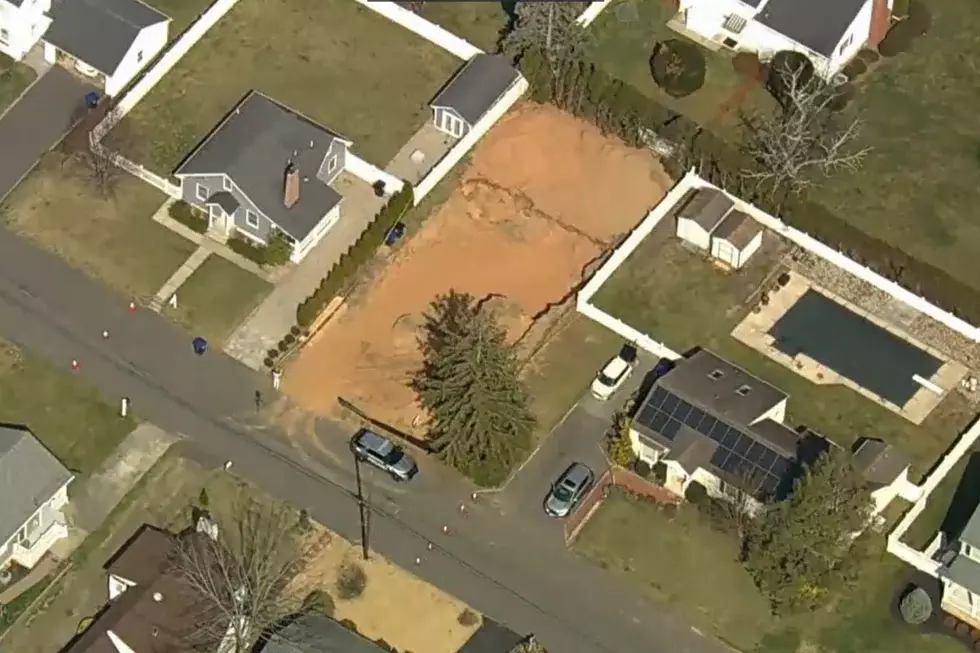
In emergencies, few NJ schools ready to protect kids with disabilities, report says
The needs of students with disabilities are an afterthought during emergencies in most New Jersey schools, and much more must be done to ensure that schools' crisis and evacuation plans are truly designed to keep everyone safe — not just those who've developed typically mentally and physically, according to a new report.
The New Jersey Council on Developmental Disabilities laid out a number of recommendations for the state, schools, and parents, in a 17-page report, the product of a summit earlier this year that convened more than 70 stakeholders and experts to discuss the issue.
While schools have comprehensive plans for emergency situations such as fires and active shooters, the report notes, few have effective plans in place to address the complex, individualized needs of students with intellectual and development disabilities in these scenarios.
State guidance on school safety addresses 91 specific elements of planning, according to the report. Just one touches on the needs of students with disabilities, requiring schools simply "to accommodate students with disabilities," the report said.
But accommodating these students demands an approach that's far from one-size-fits-all. Mercedes Witowsky, the Council's executive director, said an individual's limits and needs can vary greatly based on their personal disability and its severity.
"Every student has an IEP (Individualized Education Program). In that plan we need to ask the question, what does this student need for safe evacuation and who needs to be part of that evacuation plan?" Witowsky said. "So for a student who has physical challenges, it might need to be multiple people to help that student to safety. For a student with sensory challenges, it might be someone who can help that person remain calm."
In an active shooter situation, demanding a shelter in place, Witowsky added, certain students may have an inability to remain quiet due to their disability.
The report also recommends that all students, including those with disabilities, fully participate in school-wide emergency plans and drills. Following an unplanned fire alarm at Watchung Hills Regional High School in 2014, the district was charged with discrimination by parents whose child with a disability was unable to evacuate because the school's elevator had been stopped. A settlement required the district to enforce an emergency evaluation policy that ensures equal participation of all students.
It's also recommended that children's parents and advocates be part of the conversation.
"I think students and families are important in this equation. We can't have a school plan for a student with disabilities without engaging that student and that parent," Witowsky said.
NJCDD convened a summit on June 4 at the College of New Jersey to identify and explore issues related to school safety for students with disabilities, and generate solutions and recommendations. The group heard from panels of experts in the field, as well as former students who felt left out of the emergency-planning response during their days in school.
More from New Jersey 101.5:
Contact reporter Dino Flammia at dino.flammia@townsquaremedia.com.
More From New Jersey 101.5 FM









